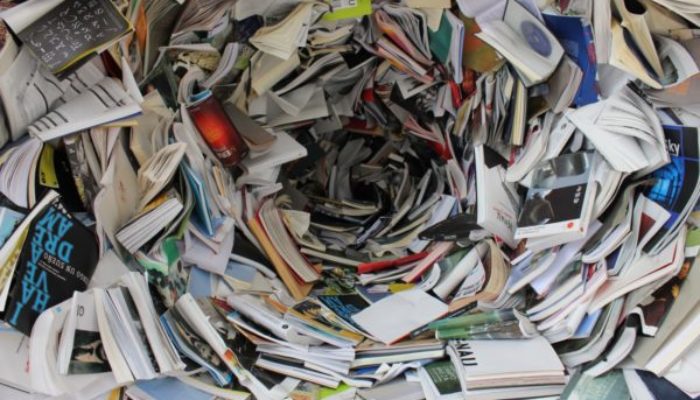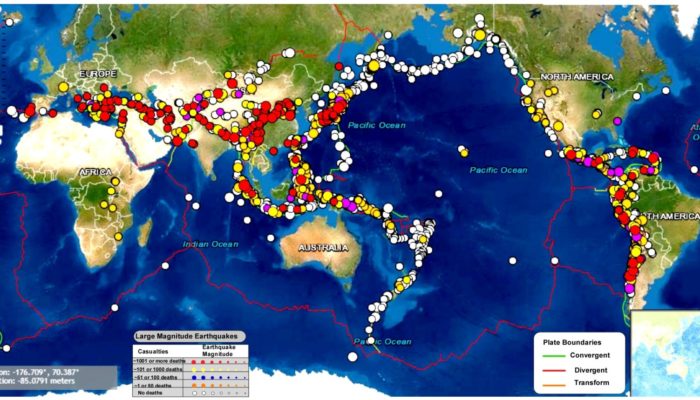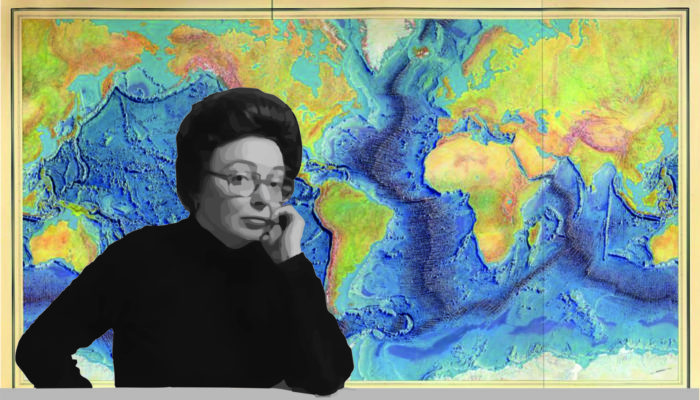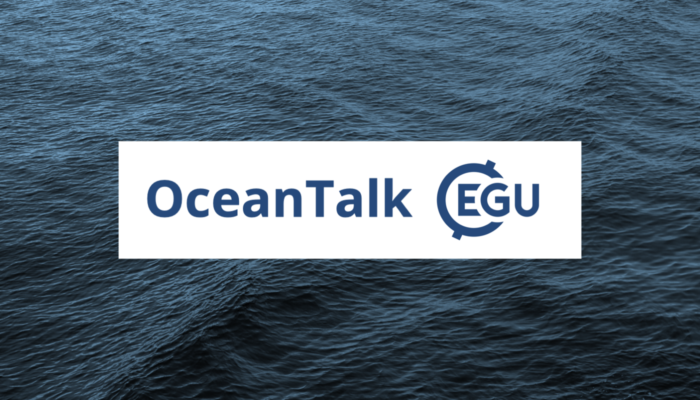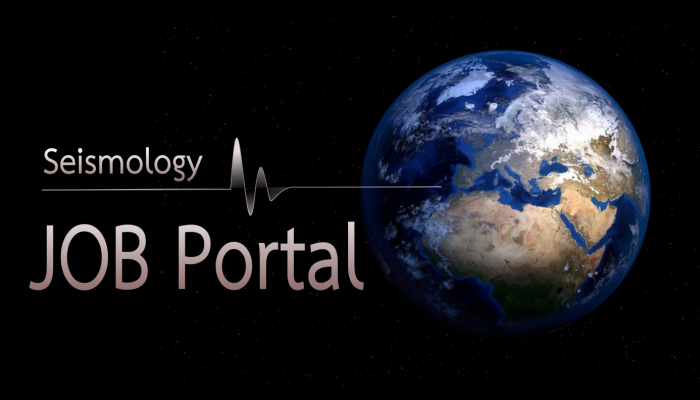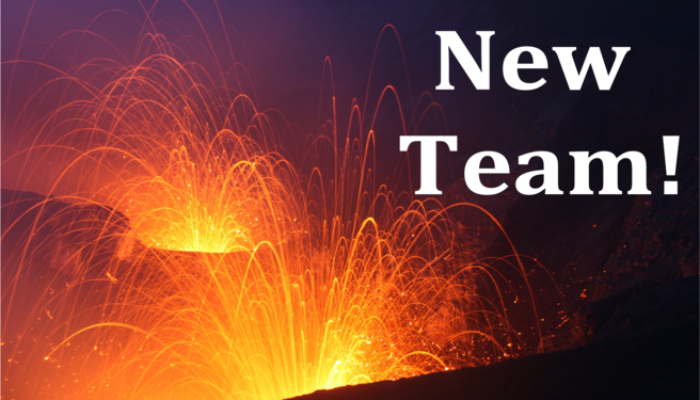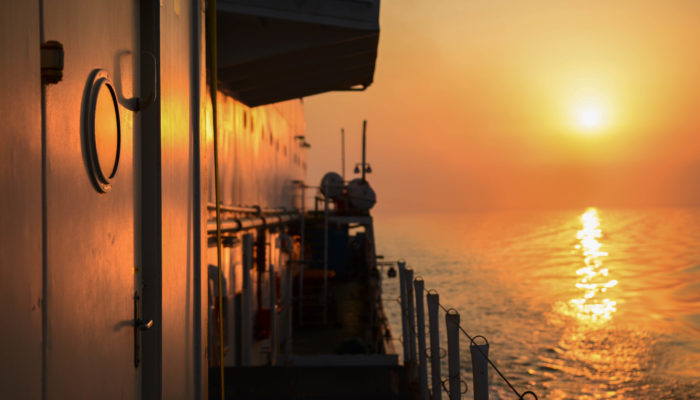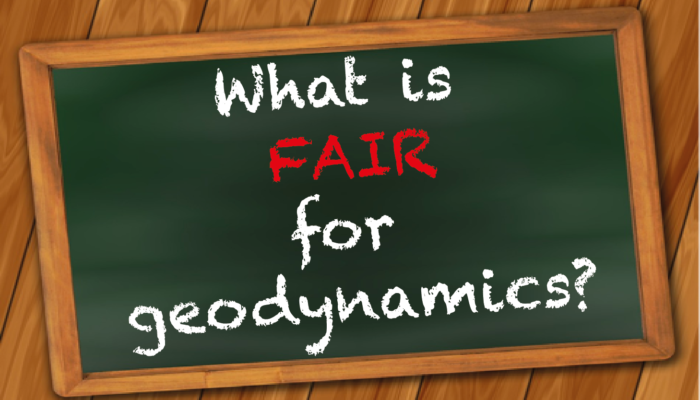As lockdown eases in many places, Stefan is beginning to think of an academic future away from his sofa. He asks the question: How much does university ranking matter when choosing a PhD position? Dear Stefan, Choosing a PhD program is tough. It’s a bit like getting married: for better or worse, until death us do part, regardless of the toe nail clippings on the table or refusal to ever take ...[Read More]
If you didn't find what you was looking for try searching again.
Tectonics and Structural Geology
TS Must-Read – Hubbert and Rubey (1959)
“The Role of Fluid Pressure in Mechanics of Overthrust Faulting” by Hubbert and Rubey is a “groundbreaking” article from the end of the 1950s. It’s a remarkable piece of research, written in an old-fashioned way, for modern standards. Many ECS that may not have read the original paper yet are certainly familiar with its textbook content. Let’s go quickly through it! The article, as a key po ...[Read More]
Natural Hazards
Faults and earthquakes as friends and not foes
The earthquakes’ occurrence on the planet Earth is largely considered synonymous with disasters and people generally perceive geological faults as a threat to life and belongings. However, there are exceptions since a small community of earthquake researchers relate the occurrence of earthquakes with the lithospheric plate interactions where movement on faults causes earthquakes. Therefore, ...[Read More]
GeoLog
Marie Tharp: an inspiration for the past, present and future!
Today marks the centennial of the birth of Marie Tharp, the person responsible for creating the first map of our planet’s ocean floors. Though her work was underappreciated at the time of its publication – mainly because she faced many significant barriers due to her gender – her maps ended up being instrumental evidence in support of the theory of plate tectonics. Marie herself ...[Read More]
Ocean Sciences
OceanTalk with Frédéric Le Moigne
Frédéric Le Moigne has been awarded the 2020 Outstanding Early Career Scientist Award for the Division of Ocean Sciences and he agreed to be interviewed for our first blog post on the new Ocean Sciences blog. Frédéric can you tell us about your background and education? I was born and raised on the Atlantic coast, near the bay of Brest in Brittany, western France. In Brittany the ocean is an impor ...[Read More]
Seismology
Seismology Job Portal
On this page, we regularly update open positions in Seismology for early career scientists. Do you have a job on offer? Contact us at ecs-sm@egu.eu Please, note that other available research positions are displayed on the EGU Jobs Portal.
Geochemistry, Mineralogy, Petrology & Volcanology
That’s us! – The new GMPV ECS Team 2020/2021
Usually our blog posts are about fancy minerals and cool science, but today we want to use this platform to introduce you to our new GMPV ECS team for the term 2020/2021! First of all, what exactly are we doing here in the GMPV ECS team and why are we even existing?! – Well, the GMPV ECS team is a group of young researchers (themselves being ECS), who want to support young scientists at the beginn ...[Read More]
GeoLog
Imaggeo On Monday: Sunset in the Arabian basin
We know the topography of the moon better than the Earth’s seafloor, so we need to keep studying the ocean, and, for me, going to sea is the best way. Only twenty percent of the seafloor is already mapped (see the Seabed 2030 Project), leaving eighty percent of our ocean unmapped, unobserved, and unexplored. This is why ocean going research is fundamental, not only for seabed mapping, ...[Read More]
Geodynamics
The Sassy Scientist – Of Codes And Cares
On the matter of code choices, Alexa could have asked Siri, but instead chose an old-fashioned medium of enquiry compatible across all operating systems and wrote in to ask: Should I perform my research with an in-house code, an open source code or a commercial code? Dear Alexa, As a famous novel does not quite begin, it is a truth universally acknowledged that a geodynamicist in possession of a g ...[Read More]
Geodynamics
What is FAIR for Geodynamics?
A very important part of science, which is getting more and more attention, is how to share and manage our data. This week, Adina E. Pusok, Postdoctoral Researcher at the Department of Earth Sciences, University of Oxford, shares thoughts and tips on how to make our science fairer. So, what is FAIR for Geodynamics? This is a big question! I would say that what is fair for geodynamics is fair for a ...[Read More]


